Unionwear: Resilience and Craftsmanship in Post-Pandemic US Manufacturing
The New Jersey Society of CPA’s has written a great article about Unionwear’s pandemic “hustle and grit”.
In the age of globalization, domestic manufacturing often takes a backseat to cheaper alternatives. But the coronavirus pandemic has proven that prioritizing local sourcing and production is essential for ensuring long-term national security and fostering sustainable economic growth. Unionwear, a Newark-based manufacturer of union-made hats, bags, and binders, is leading the charge in championing US-based production. Their powerful story of resilience during the pandemic demonstrates how embracing innovation, collaboration, and a lean manufacturing mindset can propel a small business towards growth and success.
Lean Manufacturing: The Backbone of Unionwear’s Resilience
Unionwear has maintained a competitive edge in the market for over 25 years, despite facing stiff competition from low-wage countries. At the core of their resilience lies a lean manufacturing mindset that focuses on eliminating bottlenecks, streamlining production, and optimizing resources. This approach enabled the company to pivot quickly during the pandemic, supplying healthcare workers with personal protective equipment (PPE), keeping the majority of their workforce employed, and protecting the business from collapse.
Overcoming challenges through collaboration and innovation
When faced with unprecedented challenges during the pandemic, Unionwear relied on the hustle and grit of its employees and external partners to overcome obstacles. The company developed innovative workarounds, such as sourcing supplies from other industries, collaborating with competitors, and engaging local communities to find home-based sewers.
They didn’t simply sell PPE or flaunt their “Made in USA” label; they sold determination and resourcefulness. By taking calculated risks, sharing best practices, and embracing change, Unionwear positioned itself as a bastion of hope amidst an uncertain economic climate.
Adapting and thriving during the pandemic
Navigating the uncharted waters of a global crisis required Unionwear to rethink its strategy, leading to a substantial shift in workstyles and priorities. The adoption of remote work for administrative staff necessitated a strict adherence to process, while employees showcased an increased focus on safety, accountability, and shared responsibility.
Although budgeting and projections proved difficult during the pandemic, the company seized the opportunity to invest in growth by building a new government business segment and eagerly anticipating a resurgence in demand for event-related merchandise.
Lessons learned and a brighter future
Unionwear emerged from the pandemic as a testament to the power of adaptability, creativity, and perseverance. The experience highlighted the importance of remaining open to new opportunities, fostering an agile production environment, and fostering a results-oriented culture.
Now poised for long-term success, the company remains vigilant in monitoring market trends, anticipating challenges, and capitalizing on opportunities for growth.
Conclusion
Unionwear’s story serves as a shining example of resilience in the face of adversity. By remaining true to their roots and embracing innovation, they are not only contributing to America’s rich manufacturing legacy but also inspiring other small businesses to follow suit.
As we move forward in a post-pandemic world, companies like Unionwear remind us that we can overcome any challenge by working together and committing to a common goal. By investing in domestic manufacturing and prioritizing quality, we can create a sustainable economy that works for everyone – one meticulously-crafted hat and bag at a time.
How can we prevent future supply chain disruptions in the US
Unionwear CEO Mitch Cahn had the opportunity to speak at New Jersey Manufacturing Day and discuss the recent global supply chain disruptions due to the COVID 19 pandemic.
When asked how we can prevent supply chain disruptions, Cahn said the pandemic exposed weaknesses in our global supply chain that we didn’t even know existed. Thus, it is reasonable to assume that future disruptions of unknown origin will likely expose additional weaknesses that we cannot even think about.
On the plus side, those domestic manufacturers who managed to survive outsourcing and Amazon have proven to be very flexible. In fact, they learned so much during these tumultuous times that many manufacturers, including Unionwear, were making PPE in a matter of days even though they had zero knowledge of manufacturing such items before. For instance, Cahn said he had never heard of a face shield before the pandemic hit. But after getting specs, he was able to quickly assemble prototypes in less than two days. It was only a matter of repurposing items Unionwear already had — including foam from backpacks, plastic from binders, and headbands from hats — and turn them into useable face shields.
To prevent supply chain disruptions, companies need to invest in domestic manufacturers. It is imperative to do so, as our national security continues to be at risk. To justify its cost, The Reshoring Institute created a formula that calculates the true cost of importing. These costs include:
- Travel
- Prototyping
- Shipping
- Time
- Lines of credit
- Delays
- Pirating
- Transportation problems
- Reputation cost
When taking these into account, importing oftentimes looks more expensive than domestic manufacturing.
Ultimately, if the US government is serious about preventing future supply chain disruptions, American policymakers and regulators need to incentivize increased domestic manufacturing. Meanwhile, purchasers need to support these manufacturers by actually buying materials from them and not letting them go out of business. Although domestic manufacturers came to the rescue during COVID-19, we lost tens of thousands of lives because we didn’t have domestic-made PPE. This needs to be a major national priority.
Links:
NJMEP – Manufacturing Day 2020
What will business look like when the COVID-19 crisis ends?
The entrepreneurial mindset means there is never returning back-to-normal. Our business will definitely change from pre-crisis to post-crisis. With any luck, we will be better than before. At the moment it seems we will go back to our original business while keeping PPE business, depending on demand and other factors.
Regardless, there will be vastly increased demand for Made in USA products.
One of the main advantages is that we are making reusable materials that are actually cheaper than the disposable items made overseas. This is good for everyone. It increases domestic jobs. It protects our environment since we aren’t filling up our landfills. And, our customers are saving money on purchases while getting high-quality, reusable merchandise. Literally everybody wins. Including us.
Mitch of Unionwear discusses this topic and more in this video interview.
Union Made Logo Face Shields
On March 24, Unionwear made a rapid transition from accessories to manufacturing face shields and has made over half a million face shields for state governments in response to the pandemic.
Our face shields are sturdier than most, using the high quality elastic we use in stretchfit hats, sturdy foam we use in backpack straps, and a 17 mil PET-A for the clear shield. Using the hot stamping we normally use in our portfolio business we are able to apply a one color imprint anywhere you would like on the shield.
Face shields are the choice PPE for essential workers working in a loud, outdoor environments—such as construction, transportation, manufacturing, and education–because they provide virus protection without inhibiting communication. They are also preferred when working in close proximity to clients, such as salons, physical therapy, and dentistry.
These shields are Union Made in USA and are available with a very rapid turnaround time.
All our face shields are available from Unionwear’s promo products distributors.
Download a white label, Client-Safe sell sheet here.
Distributors please email PPESales@unionwear.com, call 973 497-0102, or fill out this form to resell.
From Baseball Hats to Face Shields & Isolation Gowns
As one of the few remaining manufacturers in the US, Mitch Cahn & Unionwear is trying to fill the void left by all of the cost-cutting, outsourcing companies that have contributed to our crippled supply chain for lifesaving healthcare products, including personal protection equipment. They have turned a factory that was gearing up to make baseball hats for the Olympics, the US Census, and presidential campaigns into a facility making face shields & isolation gowns for frontline healthcare workers.
source: The Righteous Capitalists
Mitch Cahn, President of Unionwear, on Lean and Pivoting to Shields & Gowns
Mitch tells us how, a month ago, orders for political campaign hats and items evaporated as the Democratic presidential field consolidated. So, Unionwear needed to pivot and they started calling hospitals to find out how they might be able to help by making personal protective equipment (PPE) to help in the Covid-19 crisis.
Read more here
Rootstock: Unionwear Switches to Manufacturing PPE in the Fight against COVID-19
Under normal circumstances, Unionwear is the leading manufacturer of union, made-in-USA headwear, bags, accessories, work wear and safety gear. 2020 was shaping up to be a great year for the New Jersey-based company – between the presidential campaign, the Olympics, the US Census and other events, Unionwear’s employees would be busy all year.
But when the Democratic presidential campaign abruptly ended and the coronavirus pandemic arrived, circumstances became anything but normal.
“A lot of our jobs were canceled,” says Mitch Cahn, Unionwear President. “We do a lot of event merchandise, and a lot of events were canceled and some of our military projects were scaled back to make funds available for emergency relief.”
Like many companies coping with the challenge of operating with mandated social distancing amid sharply reduced economic activity, Unionwear quickly went from trying to keep up with orders while working at full capacity to not having much to do at all. The company cut their staff, sent workers home and tried to figure out how to succeed in a world changed by COVID-19.
Then they decided that they needed to come up with a new business model to carry them through the crisis.
The pandemic created a huge demand for personal protection equipment (PPE) to keep front-line health care workers, law enforcement and essential employees safe. Unionwear not only wanted to shift production to keep operating but also to make a difference.
Read more here
NJ.com: Unionwear, Workers United team up to produce PPE for coronavirus first responders
A healthy relationship between company and union has been the driving force in getting health care providers more and more personal protective equipment when it is needed most.
Unionwear, a Newark-based company that is known for its production of hats, backpacks and binders, has quickly shifted its focus to creating face shields and surgical gowns.
Workers United has been reaching out to companies who could provide needs for those on the front lines in combatting the coronavirus, ensuring their employees are still working.
In uncertain times, it was a perfect match.
Please read more here
njpac: The New Home Front: Newark Manufacturers Innovate to Fight Covid-19
Mitch Cahn of Unionwear was featured in a new series called NJPAC Business Partners @ Home. These interviews will offer virtual conversations with executives leading their businesses in creative, effective and useful ways in the fight against the pandemic.
The first video conversation features three Newark business leaders who’ve rapidly pivoted from producing their traditional wares to manufacturing the vital materials—masks, sanitizer, medical face shields, isolation gowns—needed by front-line medical workers.
To learn more, please visit here

 Dad Caps
Dad Caps
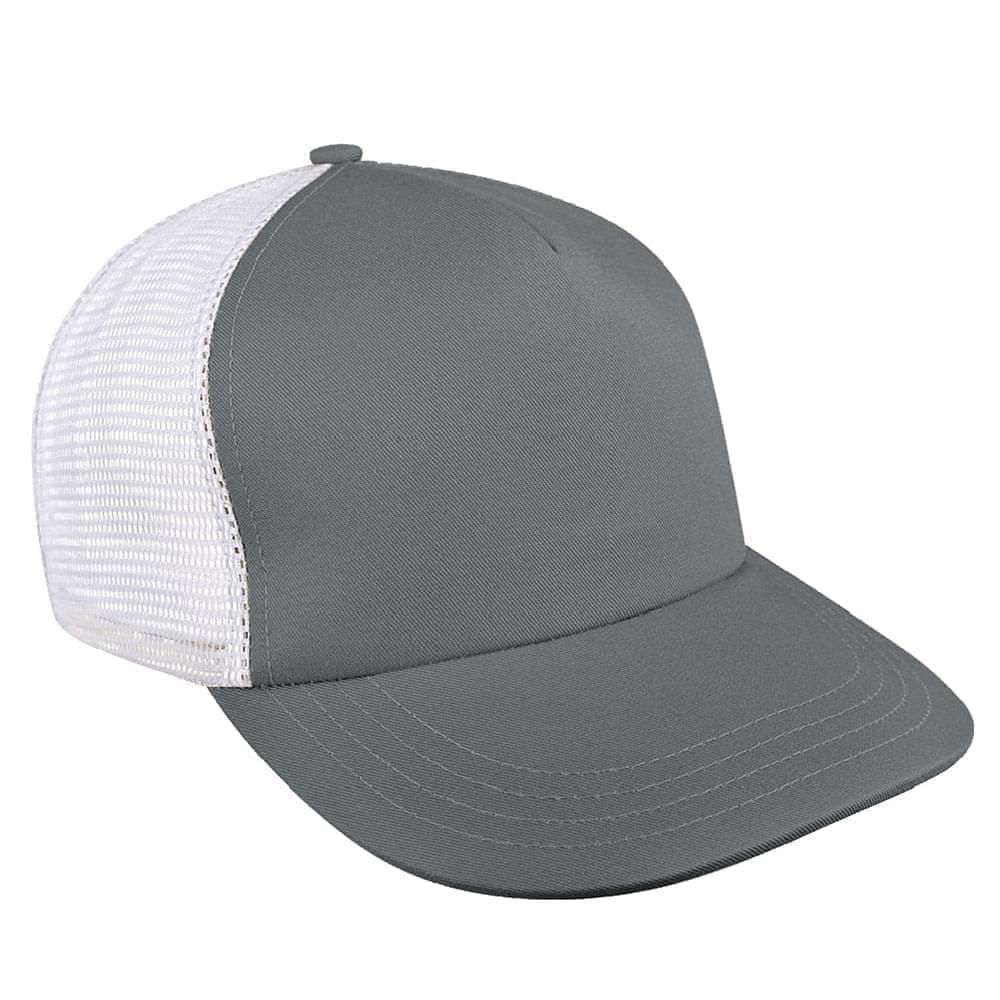 Five Panel Hats
Five Panel Hats
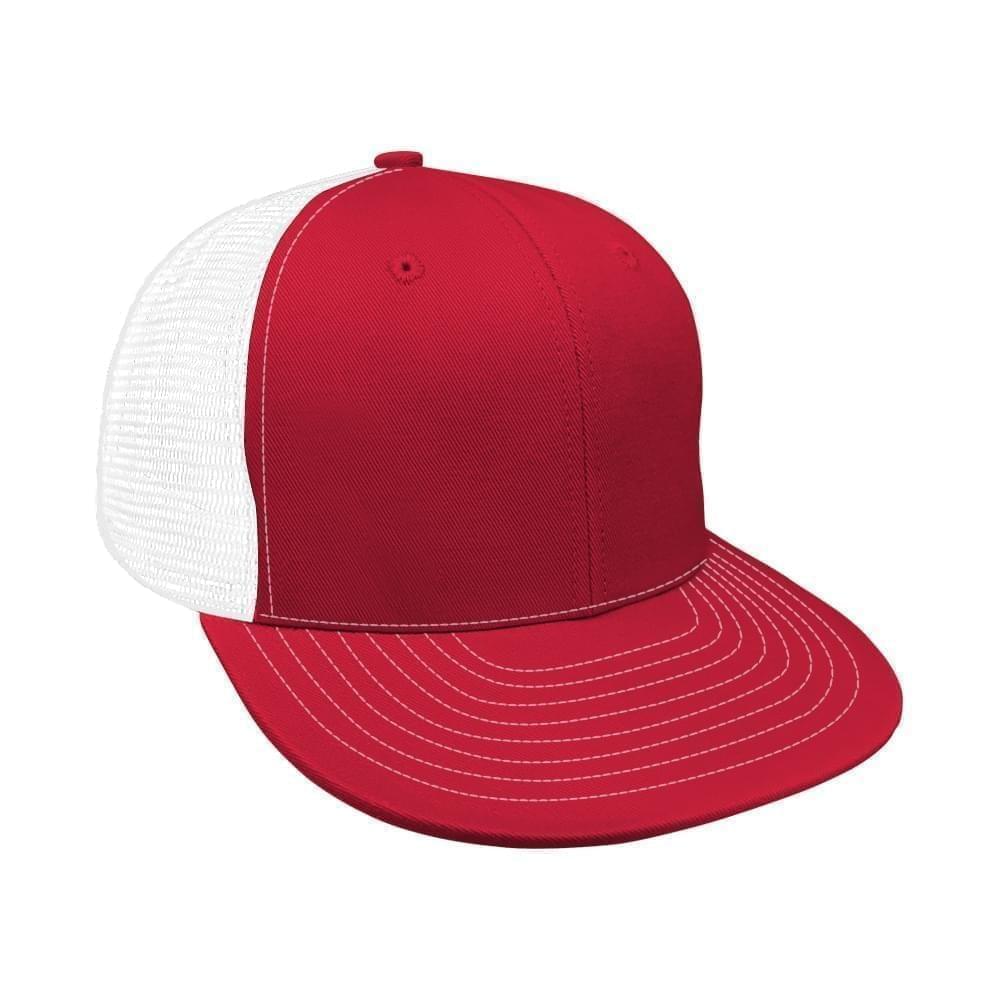 Mesh Back Hats
Mesh Back Hats
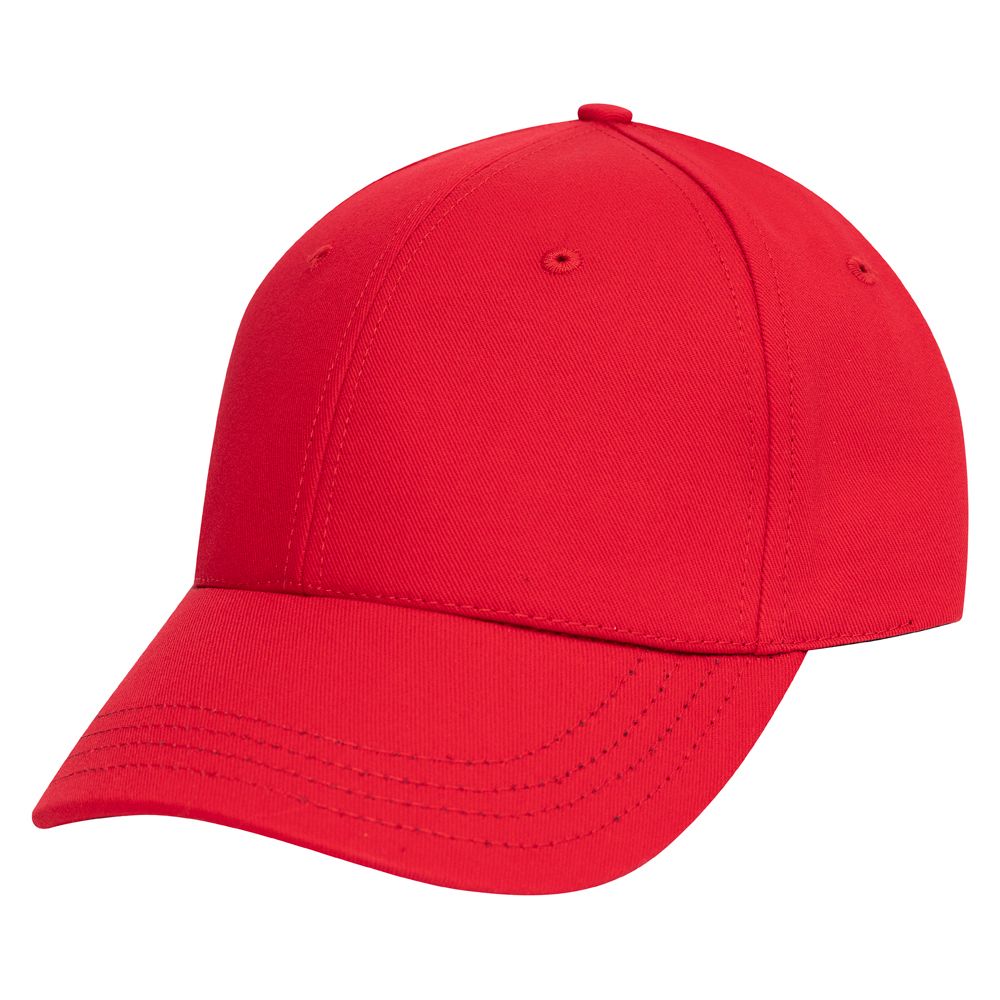 In Stock Blanks
In Stock Blanks
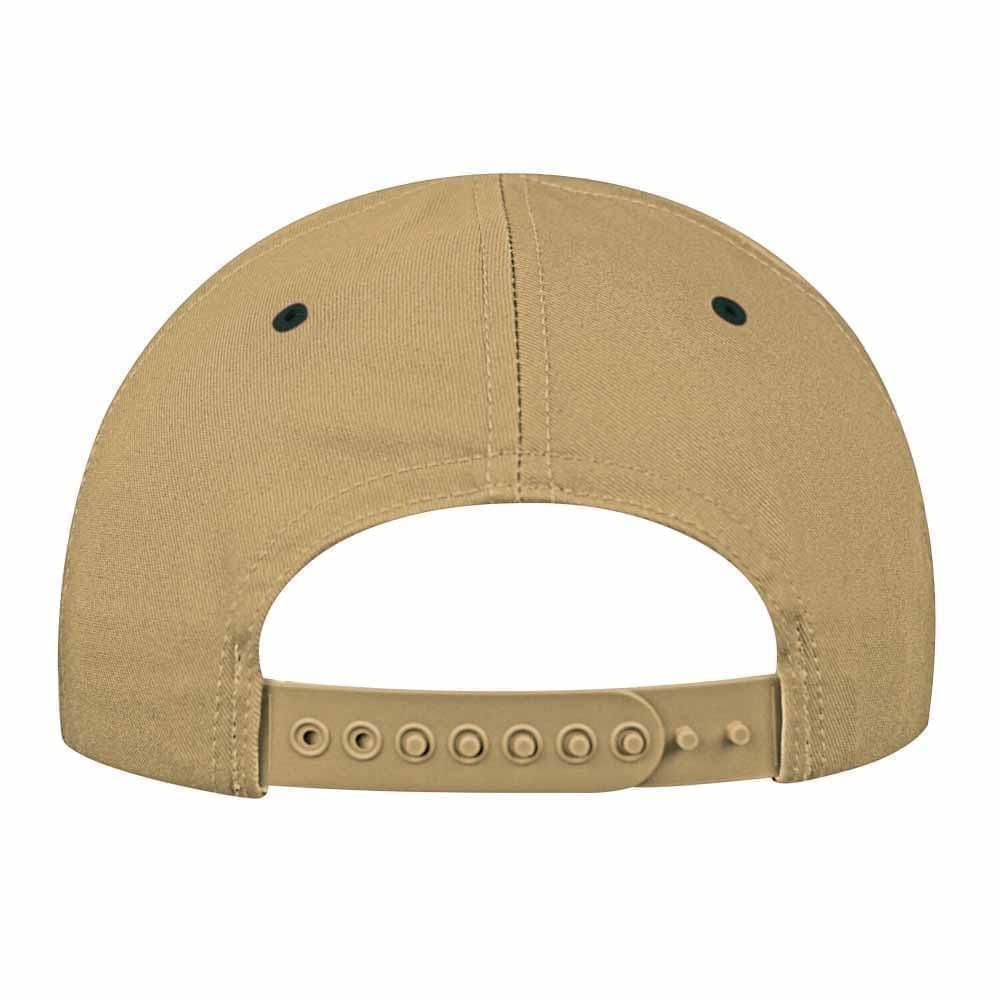 Snapback Hats
Snapback Hats
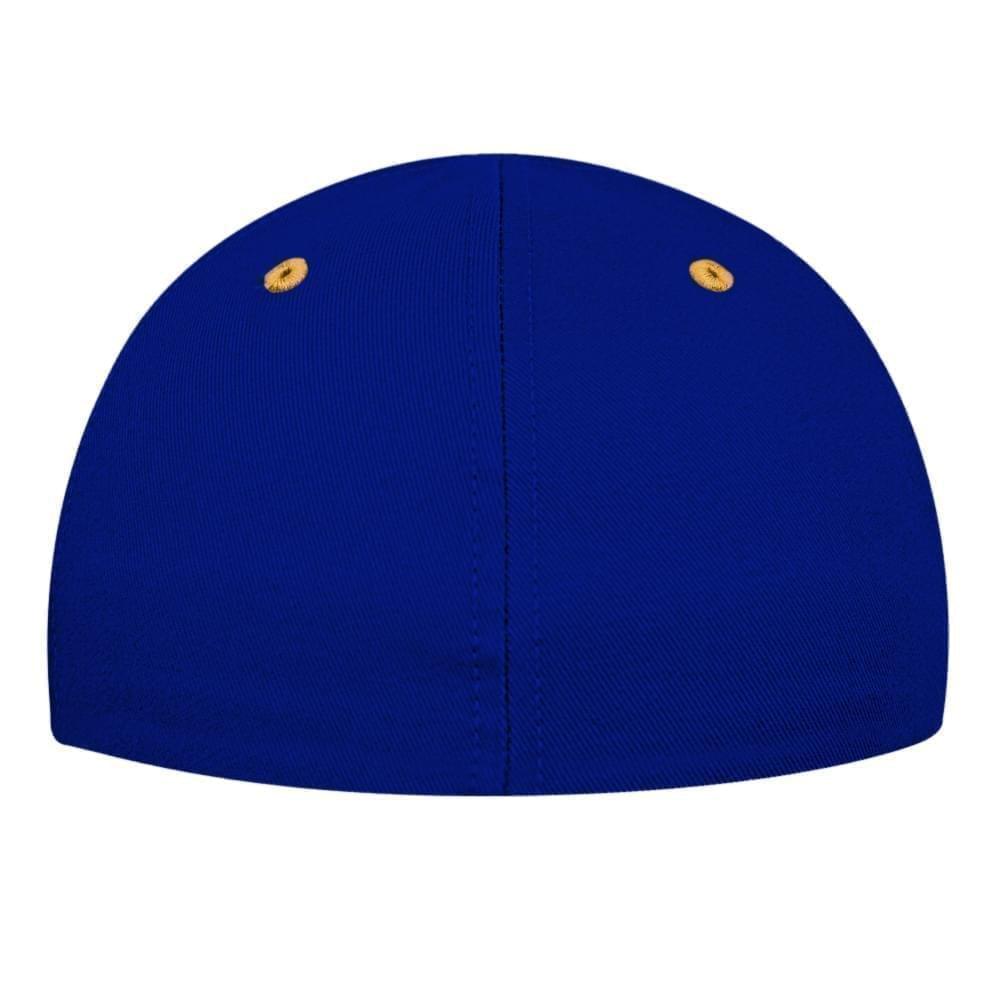 Stretchfit Hats
Stretchfit Hats
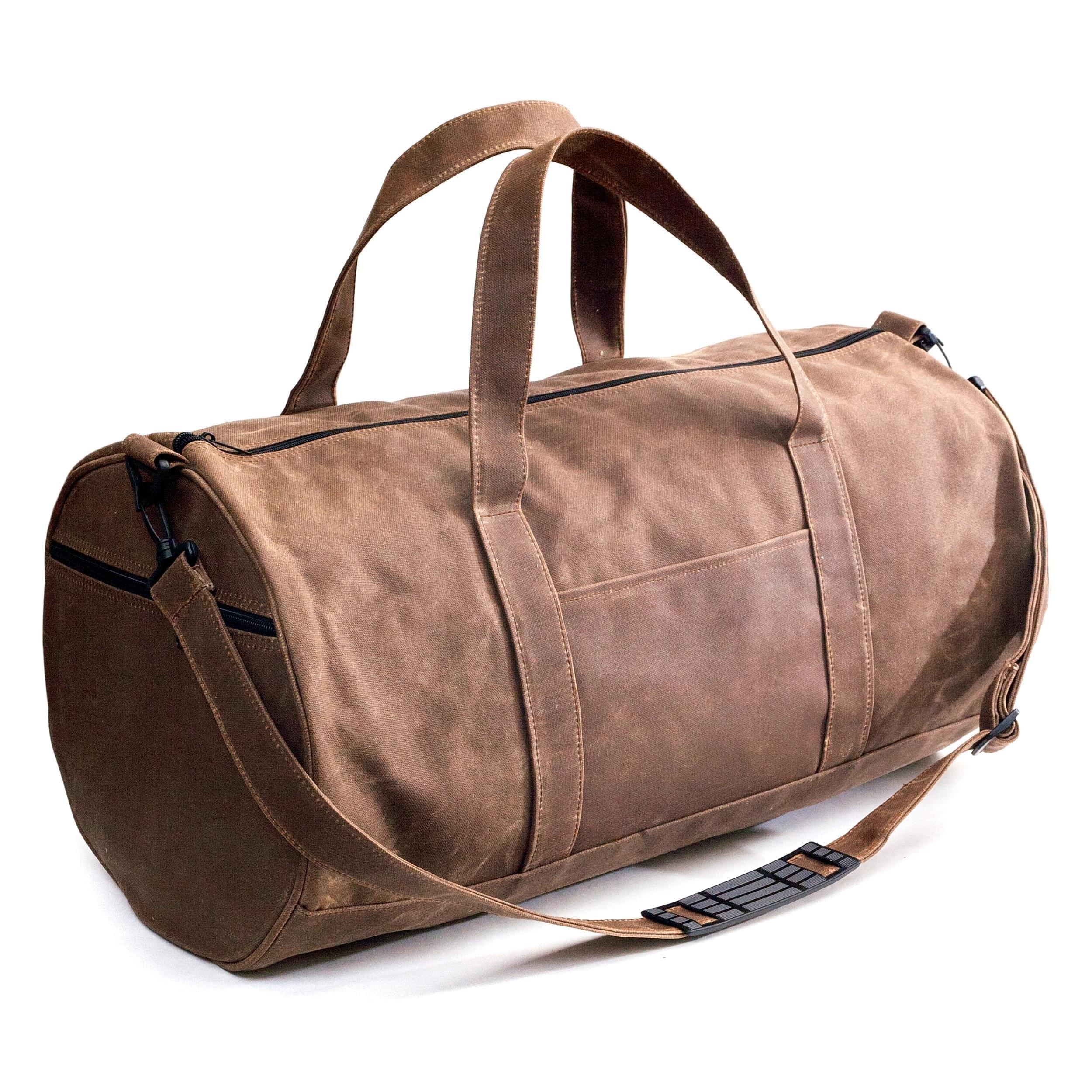 Duffel Bags
Duffel Bags
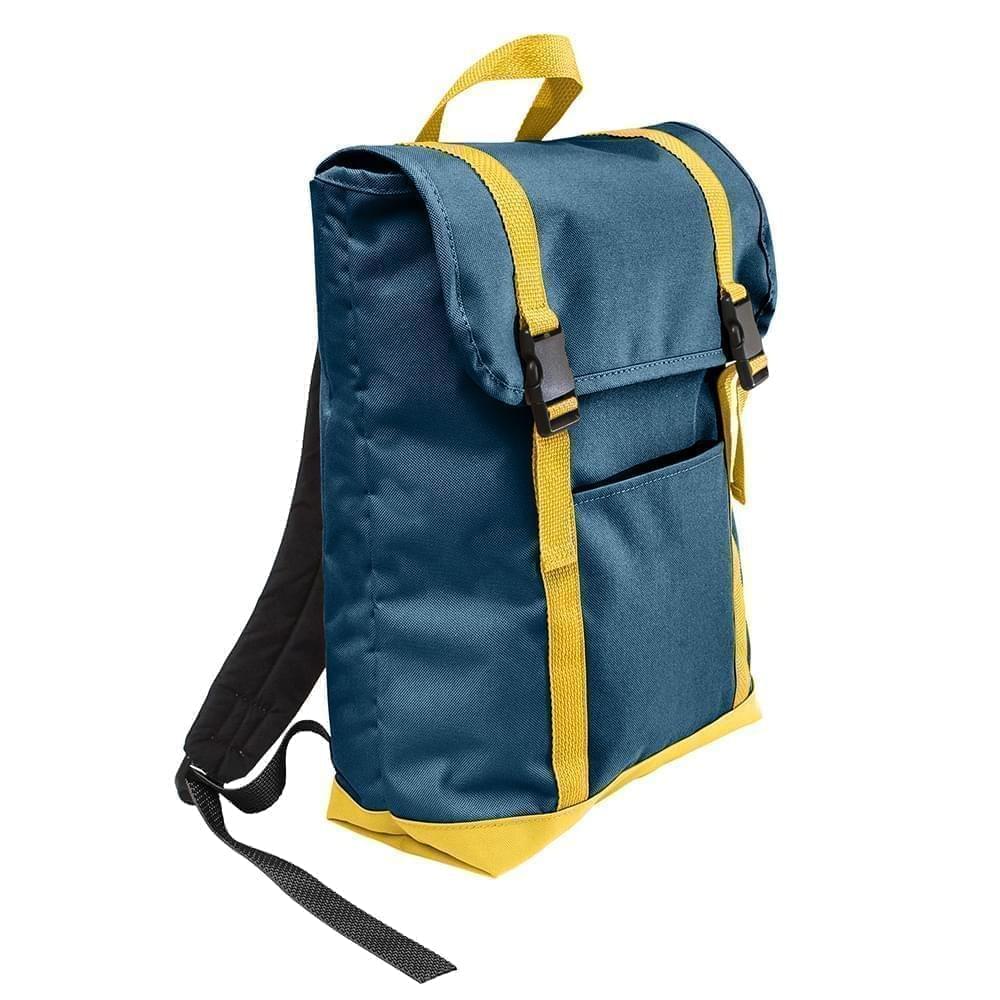 Backpacks
Backpacks
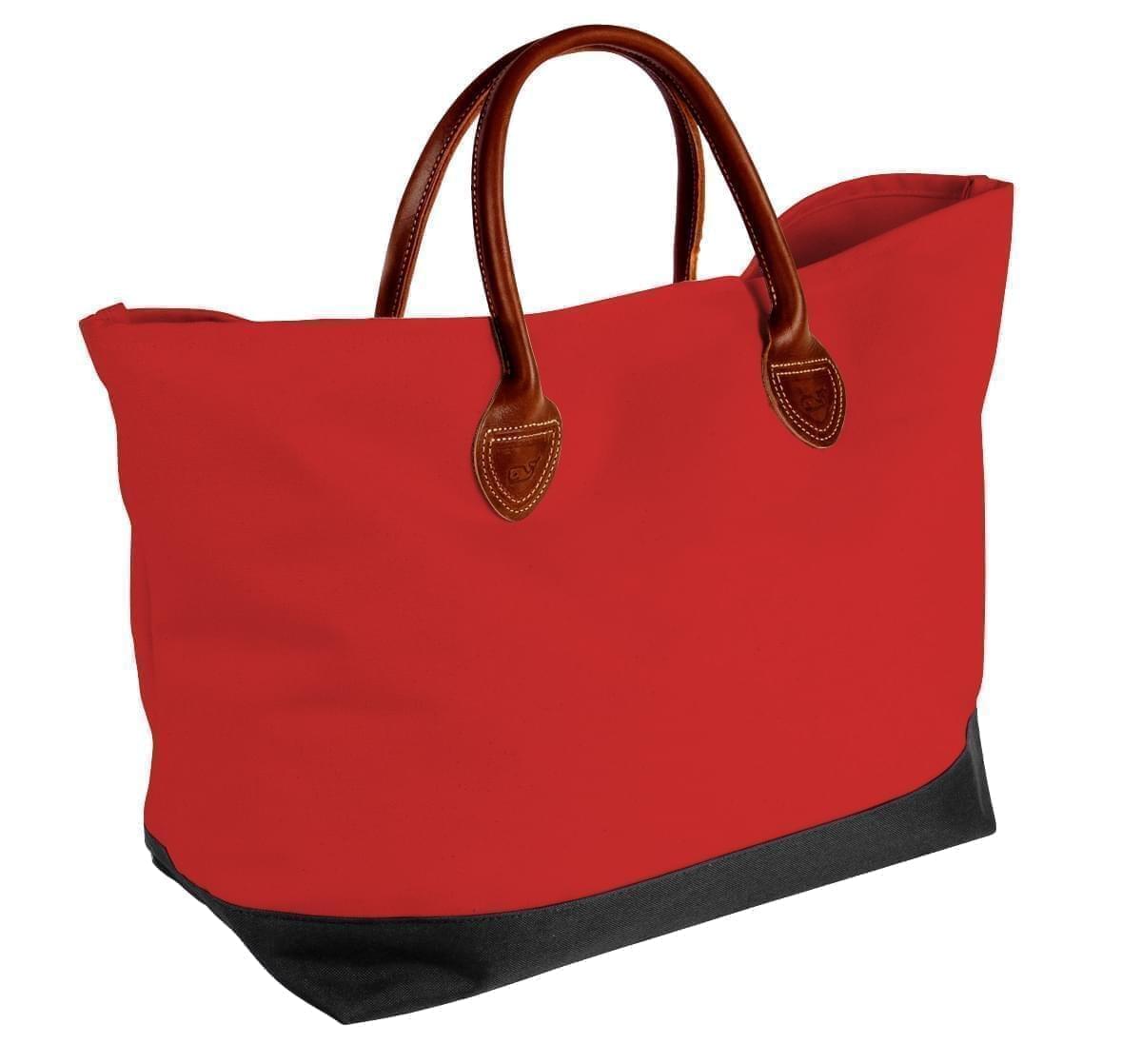 Tote Bags
Tote Bags
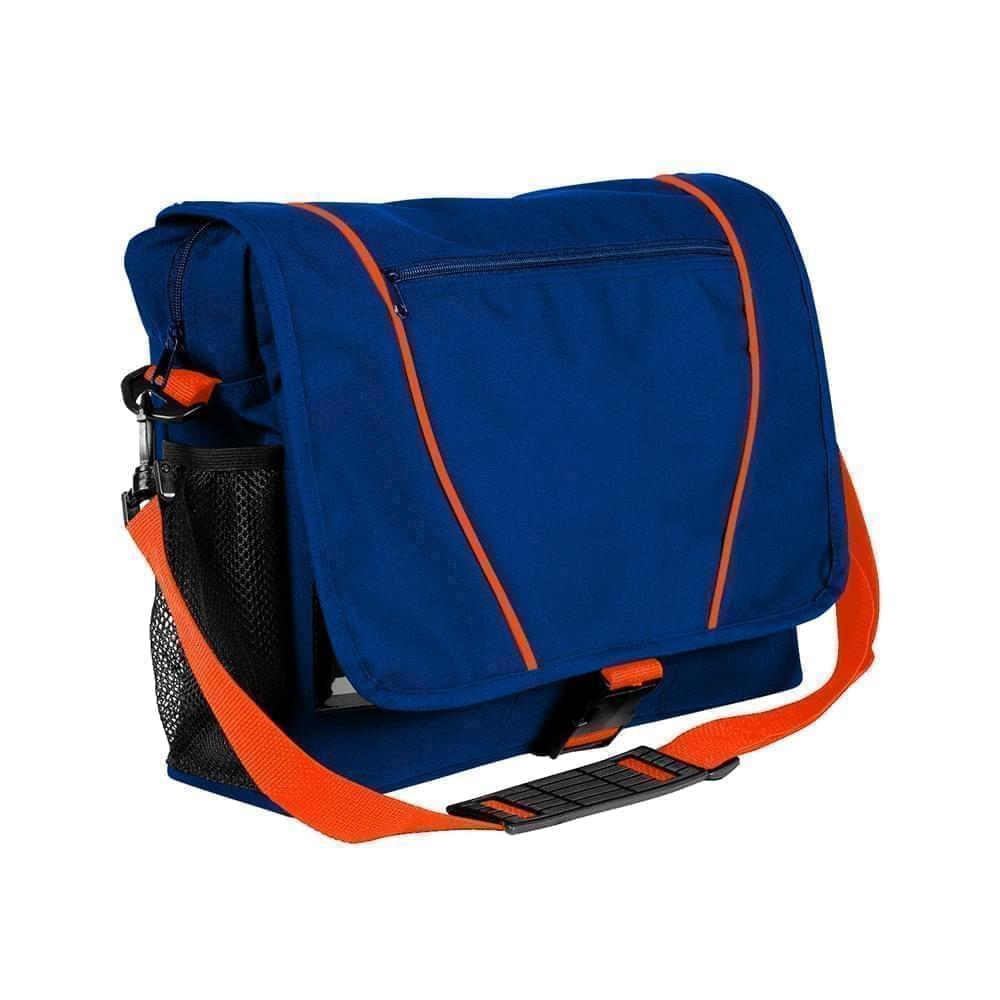 Computer Bags
Computer Bags
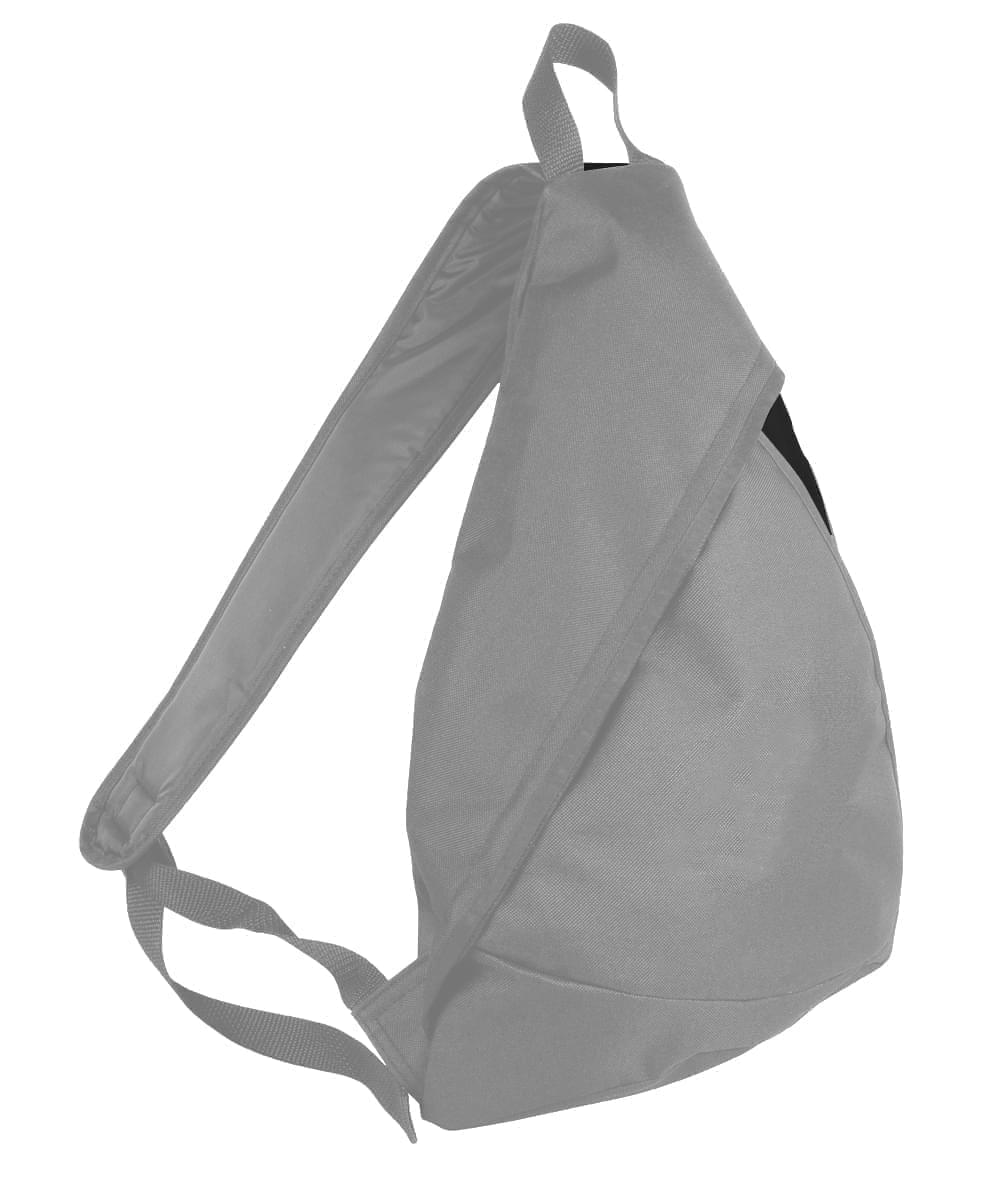 Sling Messenger Bags
Sling Messenger Bags
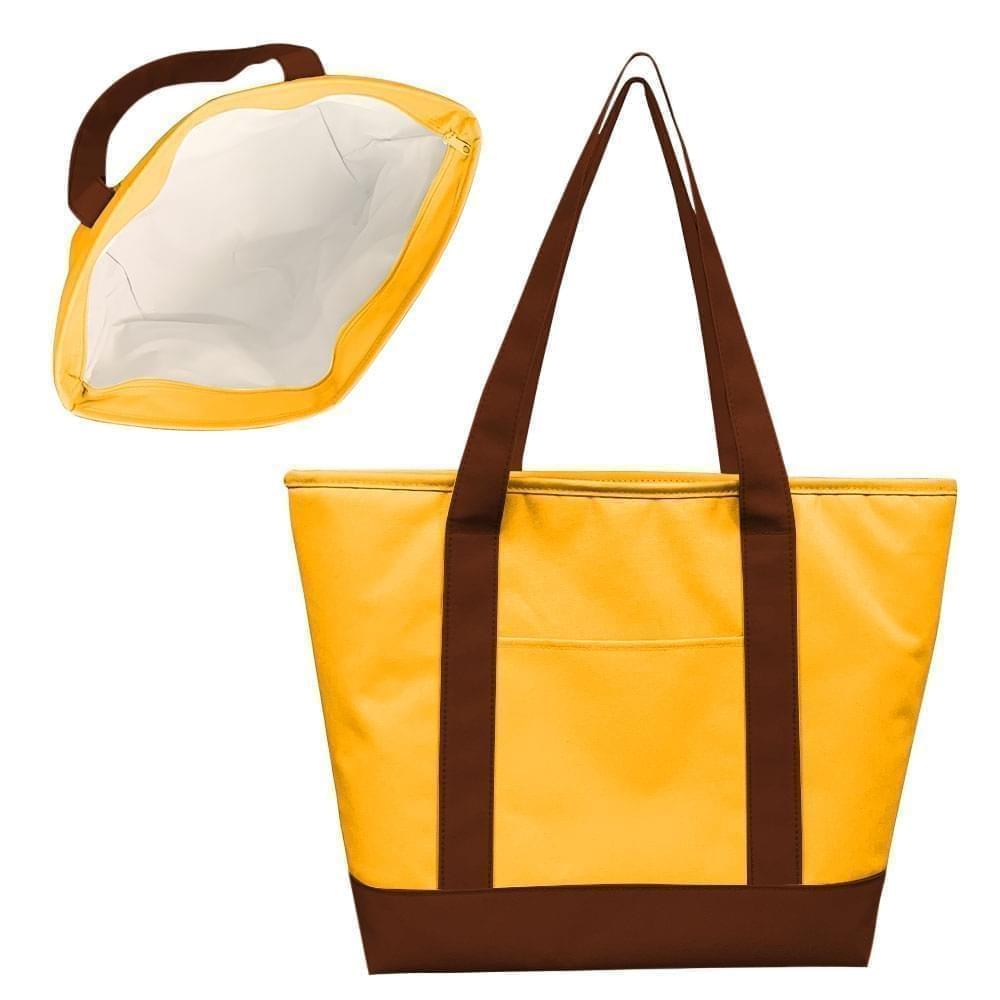 Cooler Bags
Cooler Bags
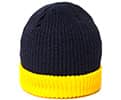 Cuff Hats
Cuff Hats
 Beanies
Beanies
 Scarves
Scarves
 Zipper Folders
Zipper Folders
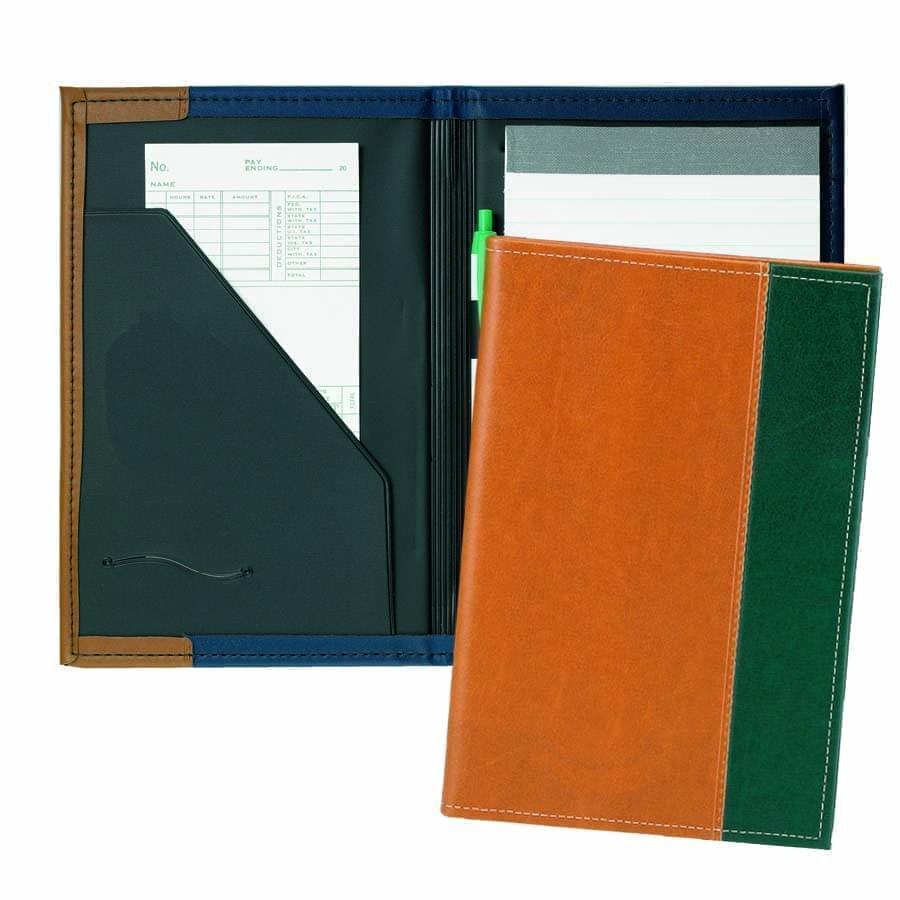 Stitched Folders
Stitched Folders
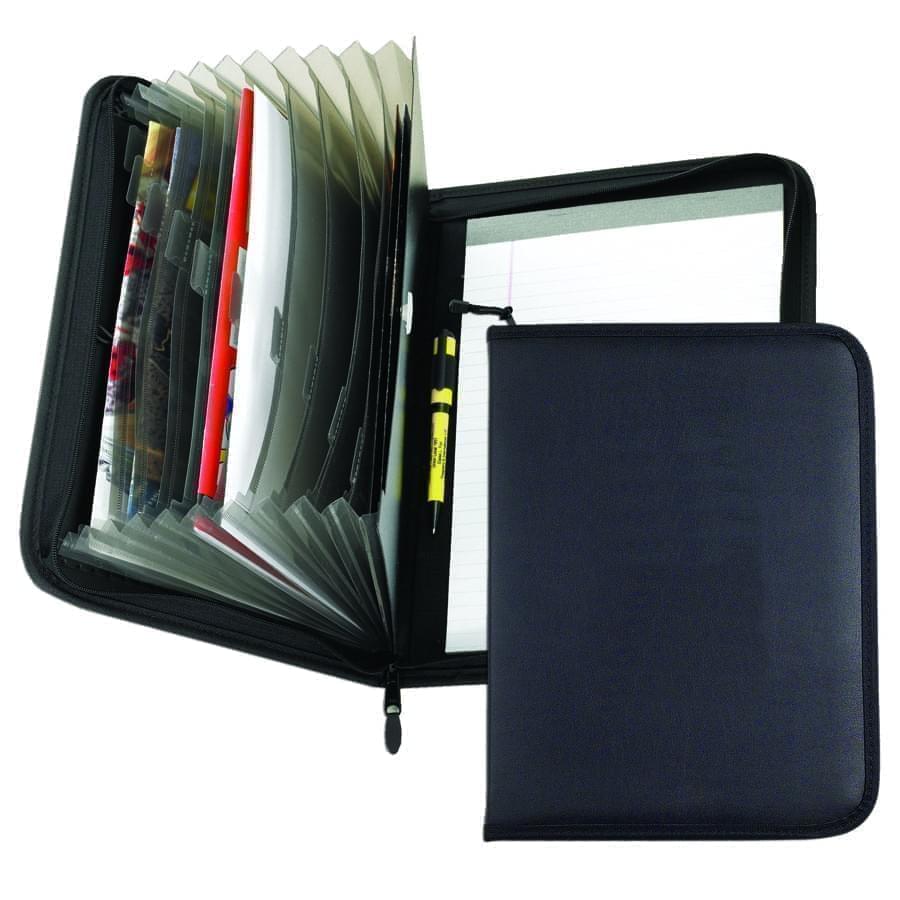 Accordion Folders
Accordion Folders
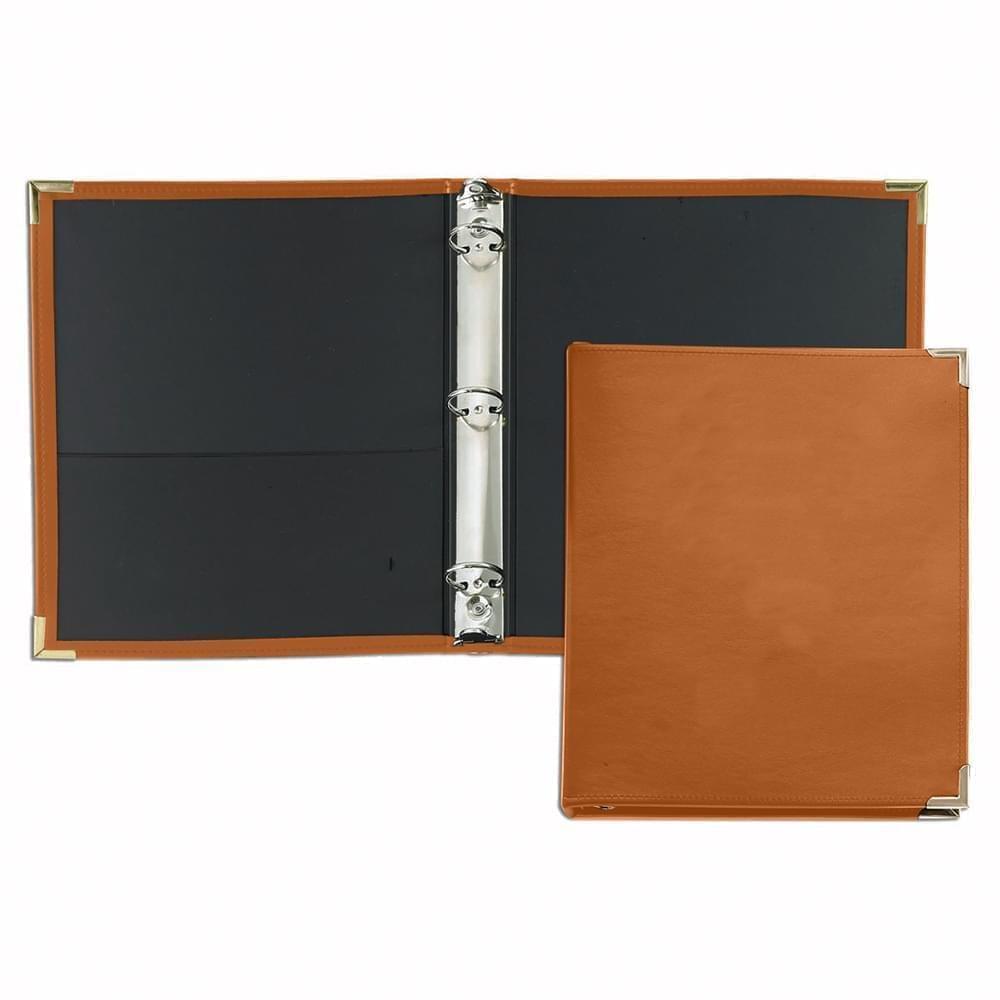 Ring Binders
Ring Binders
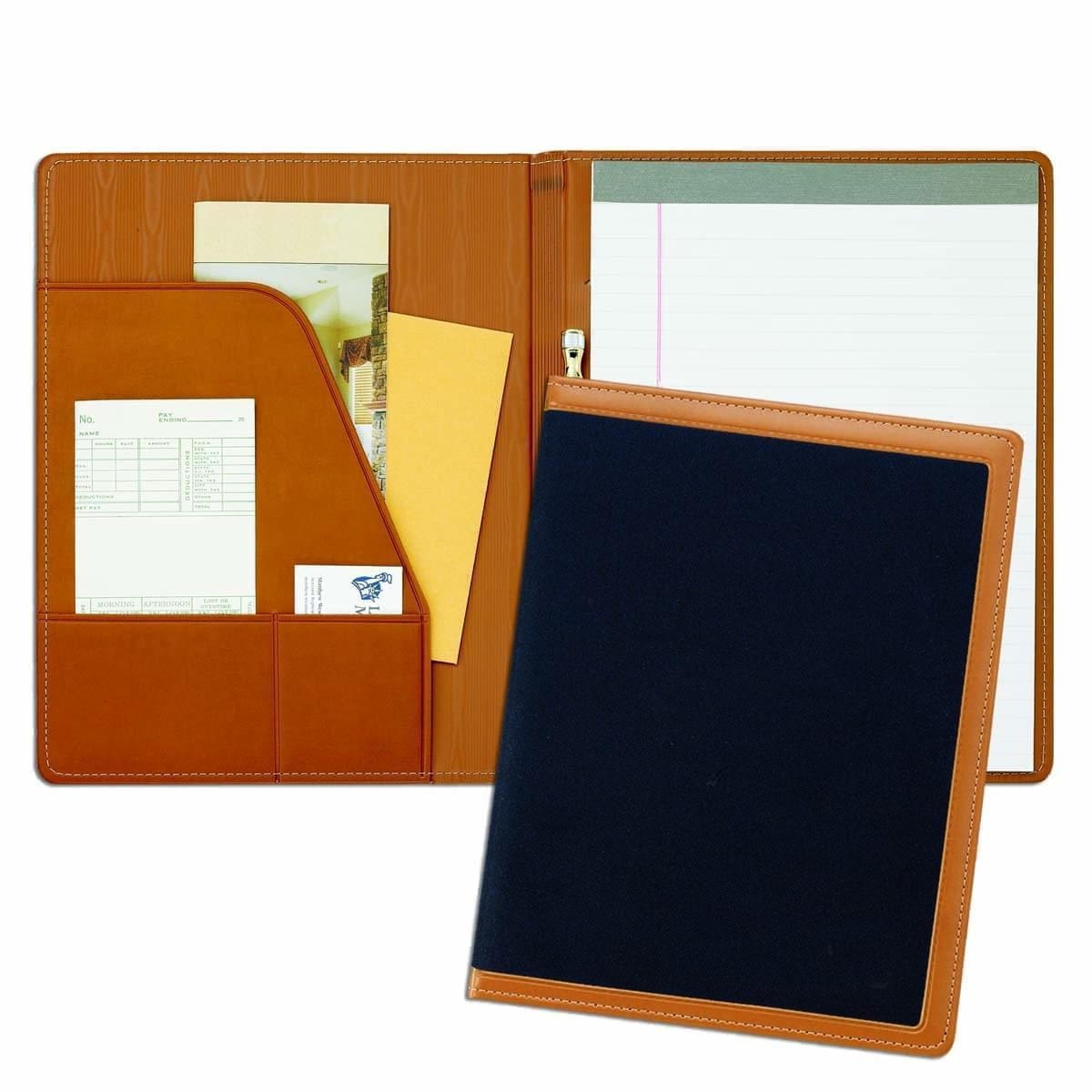 Letter Folders
Letter Folders
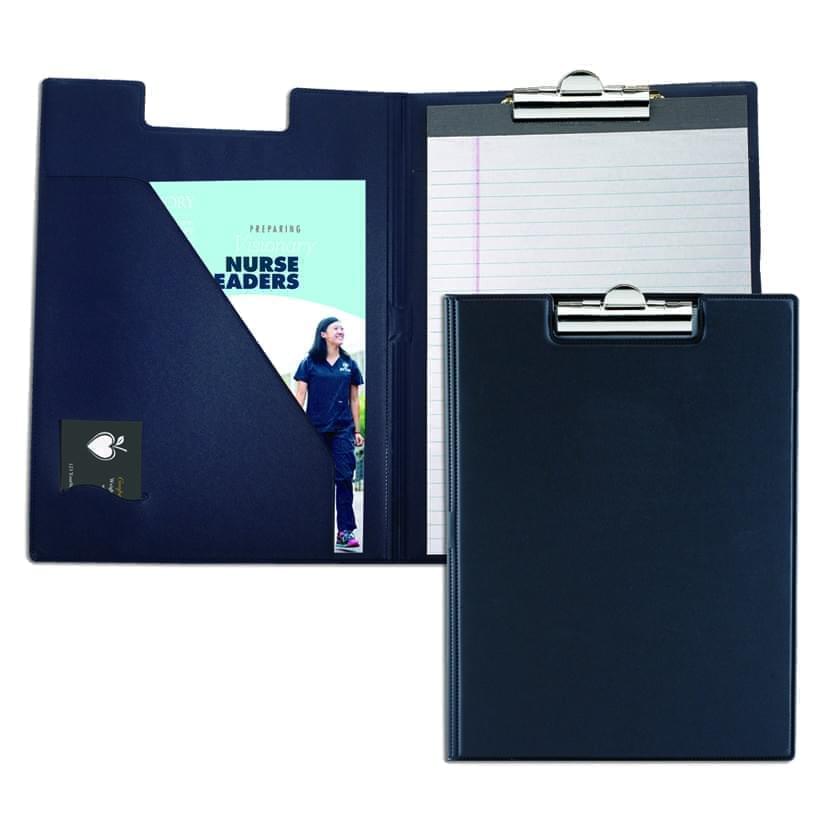 Clipboards
Clipboards

 Union Made In USA
Union Made In USA